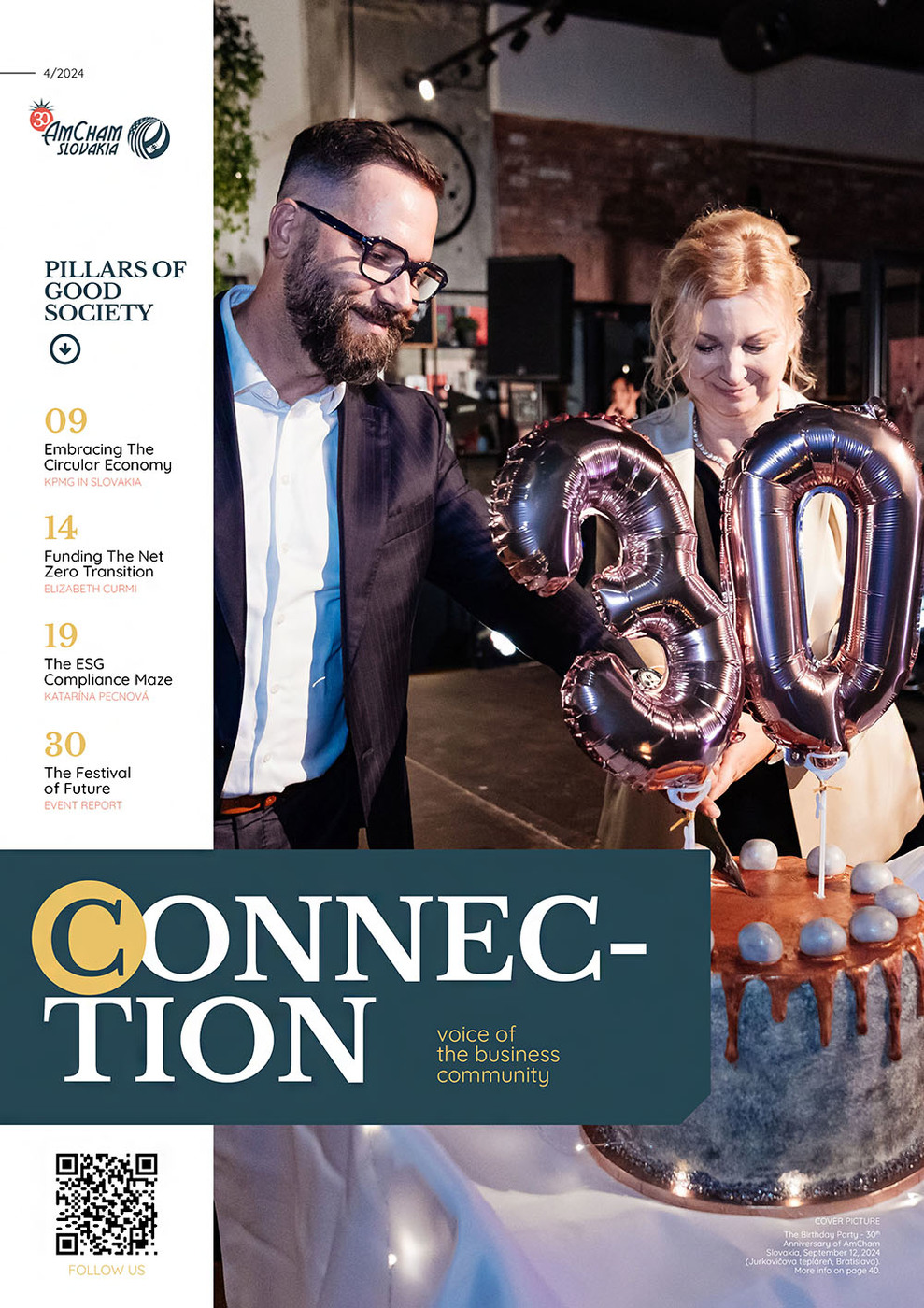What If We Did Nothing? The Consequences of Ignoring DEI
Imagine a company where Diversity, Equity, and Inclusion (DEI) have been completely erased from its culture. At first glance, the absence of DEI might not be immediately obvious to the untrained eye. The company could appear like any other efficient, stable, well-oiled machine. Even better, the same untrained observer might miss other internal warning signs. Communication is a one-way street, decisions are made solely by top management—sometimes even on a whim. Employees’ feedback is merely another data collection task, summarized in color-coded tables buried in annual reports. Teams consist of people with similar experiences and backgrounds, leading to uniformity in opinions and thought processes. This predictability might speed up decision-making and keep operations running smoothly, but one must ask: Isn’t this like sailing a ship with no map, blindly navigating uncharted waters?
Can You See the Gaps Yet?
Sticking to what’s familiar feels good and safe. It’s comfortable, predictable, and avoids the discomfort of uncertainty. Following unchallenged hierarchies often eliminates the conflict and anxiety associated with learning and adapting to new approaches. But let’s be honest—who would voluntarily invite more stress when everything seems to be working just fine?
Without DEI, a company resembles a construction site where innovation is supposed to be the foundation for success, yet only one type of material is used. This repetition leads to an echo chamber of ideas, with no new perspectives, making the company susceptible to critical flaws. Homogeneity creates a one-dimensional, possibly structurally flawed product that overlooks real-world needs.
The Comfort of Familiarity: Hiring Practices and Their Pitfalls
Traditional hiring practices often prioritize speed or cultural fit over diversity, saving resources but perpetuating unconscious biases. The comfort of familiar surroundings typically results in teams composed of individuals with similar backgrounds and experiences. This tendency to hire people like ourselves—under the illusion that it will create a cohesive team—is where the real problem begins.
Consider the tech industry, for example. Not prioritizing DEI means missing out on understanding the needs of diverse user groups. This can result in products that are less accessible, intuitive, or useful for a broad range of users. Blind spots in development may lead to software updates that overlook accessibility needs or user interfaces that fail to support different languages and cultural backgrounds. Imagine a voice recognition system that doesn’t recognize different accents. Even some of the biggest players in the market have faced these gaps. When Google launched its facial recognition technology, it had higher error rates for users with darker skin tones. Similarly, Apple’s initial health app lacked menstrual cycle tracking, a glaring omission for half the population.

When It’s Not Intentional: DEI Neglect as a Result of Bias or Deadlines
This exclusion isn’t always intentional. Sometimes it stems from tight deadlines, unconscious biases, or assuming a one-size-fits-all approach will work. However, competitors who do take the time to conduct accessibility audits and gather feedback on cultural and language inclusivity often create more successful, inclusive designs. For instance, Microsoft recognized the importance of addressing exclusion and developed an inclusive design toolkit, ensuring its products are accessible to people with all kinds of disabilities.
Neglecting DEI also leads to a disconnect between the company and its target users. When a company fails to prioritize diversity, it effectively cuts itself off from the diverse experiences, values, and needs of its users. This lack of representation erodes trust, as people feel the company doesn’t understand or value them. In the long run, this undermines customer loyalty and engagement. Consider Abercrombie & Fitch, an American retail brand. In 2006, former CEO Mike Jeffries made controversial remarks about the company’s target demographic, stating that the brand only catered to “cool, good-looking people” (Jeffries, 2006). This exclusivity damaged Abercrombie & Fitch’s reputation, which had to be rebuilt later through more inclusive sales and marketing strategies.
Ignoring DEI: A Short-Sighted Strategy
In the end, the decision to overlook DEI is often unintentional. It frequently comes from a short-sighted focus on immediate gains, where leadership, focused on short-term profits, views DEI initiatives as costly, time-consuming, or “nice to have” rather than essential. DEI can seem too complex, resource-draining, or a distraction from core business objectives, which can challenge existing structures and processes.
Why DEI is Essential for Long-Term Success
However, from a business perspective, DEI is crucial for long-term growth and relevance. Ignoring DEI and sticking to outdated practices isn’t just less appealing—it’s a risk that ensures the company will fall behind.
The Power in Pursuing DEI
One thing is clear: the era of neutrality is over. There is no longer room for half measures. Success today means actively and intentionally integrating DEI into every aspect of a company’s operations and culture.
To make DEI truly stick, companies must apply an inclusion lens to all their day-to-day activities. This includes how decisions are made, how teams are formed, how products are designed, and how customers are served. By considering diverse perspectives in every decision, companies can uncover new opportunities, innovate more effectively, and create products and services that resonate with a broader audience. The choice is clear: act on DEI with real intention and purpose or risk falling behind in a market that no longer tolerates exclusion.
Lucia Timková, Senior Human Resources Specialist, Deutsche Telekom Services Europe - Slovakia



Follow us